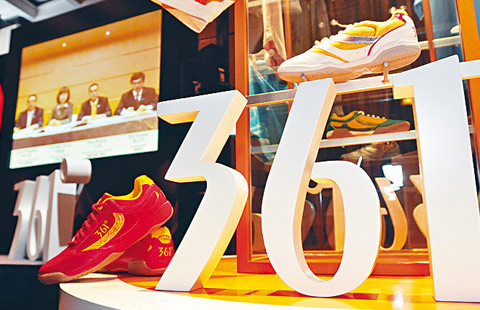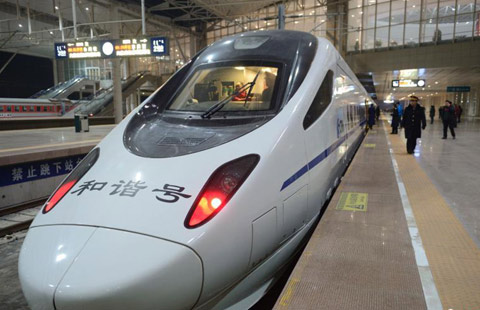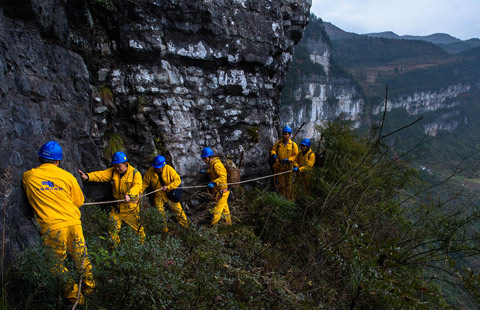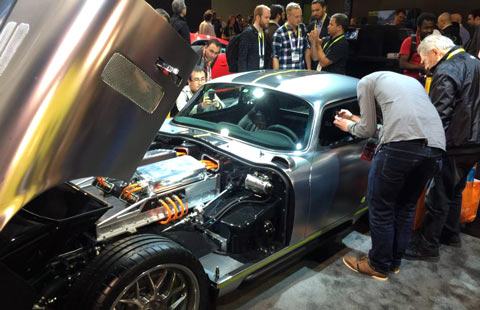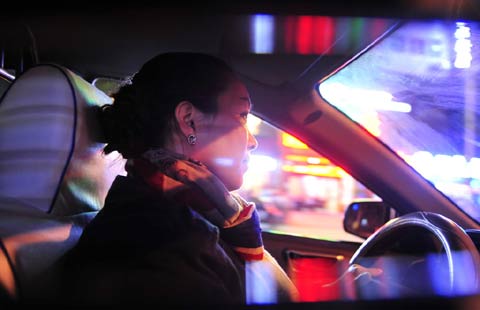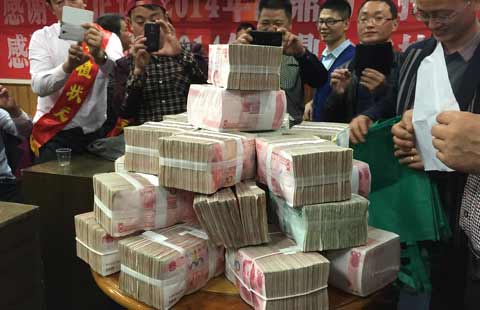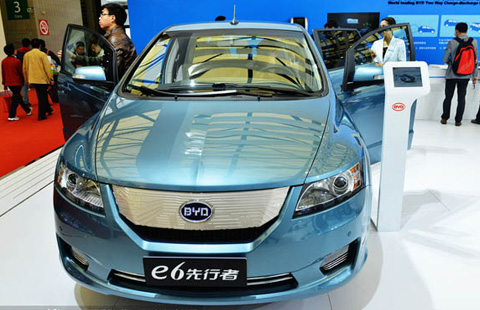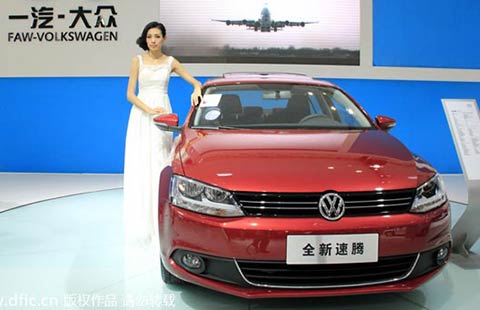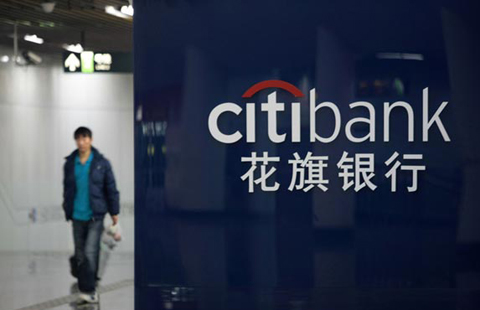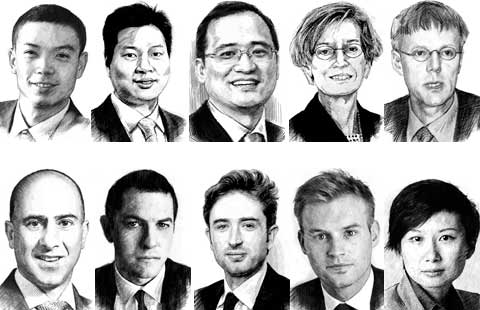Strikes and apps bring congestion on taxi market
(Xinhua) Updated: 2015-01-10 13:56The US app network Uber's entry into the Chinese market in 2013 was low profile and it currently operates in only nine cities.
Kuaidi and Didi not only provide normal cab-hailing services connecting passengers with professional taxi drivers, but also provide luxury car pick-ups, which cost at least twice the normal cab fare.
Limousine services similar to Uber are popular while people take advantage of discount coupons from Kuaidi and Didi. Uber currently offers first time users a 50-yuan coupon.
A short ride in a new black VW Passat with free mineral water and tissues in Nanning, capital of south China's Guangxi Zhuang Autonomous Region, cost a Xinhua reporter 40 yuan, while a normal taxi ride costs 17 yuan. With a 15-yuan coupon from Didi, the reporter actually paid 25 yuan.
These services pose a looming threat to drivers like Wang and have lured many drivers to change their jobs and enjoy a much higher share of the profits.
"I only have to pay 20 percent of the fare to Didi and I can keep the remaining 80 percent, which is unheard of for taxi drivers," said Yang, the Passat driver.
Luxury car pick-up services-zhuanche in Chinese-are not uncontroversial. Under Chinese law, private car owners cannot take passengers for profit. Taxi-hailing apps claim that they cooperate with car-rental firms to avoid regulatory problems, but it's hard to exclude private car owners, who can easily register with a rental company.
Poorly qualified drivers, illegal operations and passenger safety are major problems facing a government resolute in prohibiting private cars from taking passengers for profit.
The Ministry of Transport issued a statement on Thursday, ordering app developers to exclude private cars from their platforms and ensure that all vehicles are owned by taxi or car-hire companies, out of concern, they say, for passenger safety.
In December, Shanghai detained 12 drivers using Didi Dache and fined each of them 10,000 yuan. Beijing authorities have also started to get tough with unlicensed drivers.
Action against unlicensed drivers has ruffled a few feathers as the vested interests--taxi companies-- remain untouched.
"It's not wise to crack down on zhuanche services indiscriminately," said Cheng Shidong, a researcher with the integrated transportation institute of the National Development and Reform Commission.
Not only does the high-end car-hailing supply fall short of demand, the basic traveling needs of Chinese people are not being met, said Cheng, adding that the government should be more welcoming to Internet innovation.
"The mobile Internet has brought big changes to the urban transportation set up. This could be a lever to force the irrational taxi management system to change," said Gu Dasong of Southeast University law school.
- Asia not need to worry about health of European banks
- Tibetan farmers, herdsmen see double-digit growth in income
- Chinese carrier mulls charter flights to Bahamas
- Small but reliable accessories makers are needed in China
- Volvo to sell Chinese-made cars in US this year
- Nanaholy offers both furniture and culture
- JD.com and Tencent to invest $1.55b in Bitauto
- New Apple Store opens in Central China
